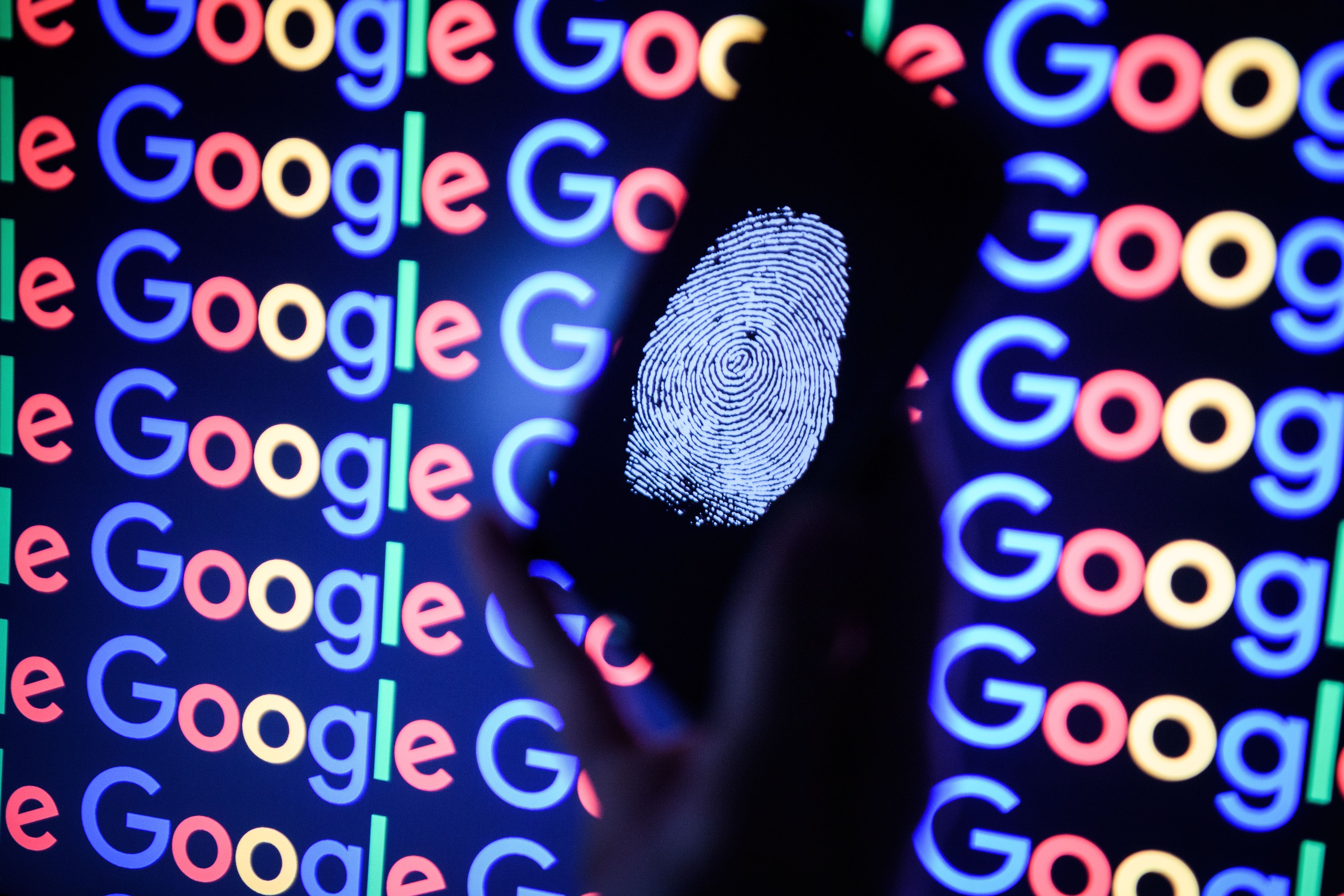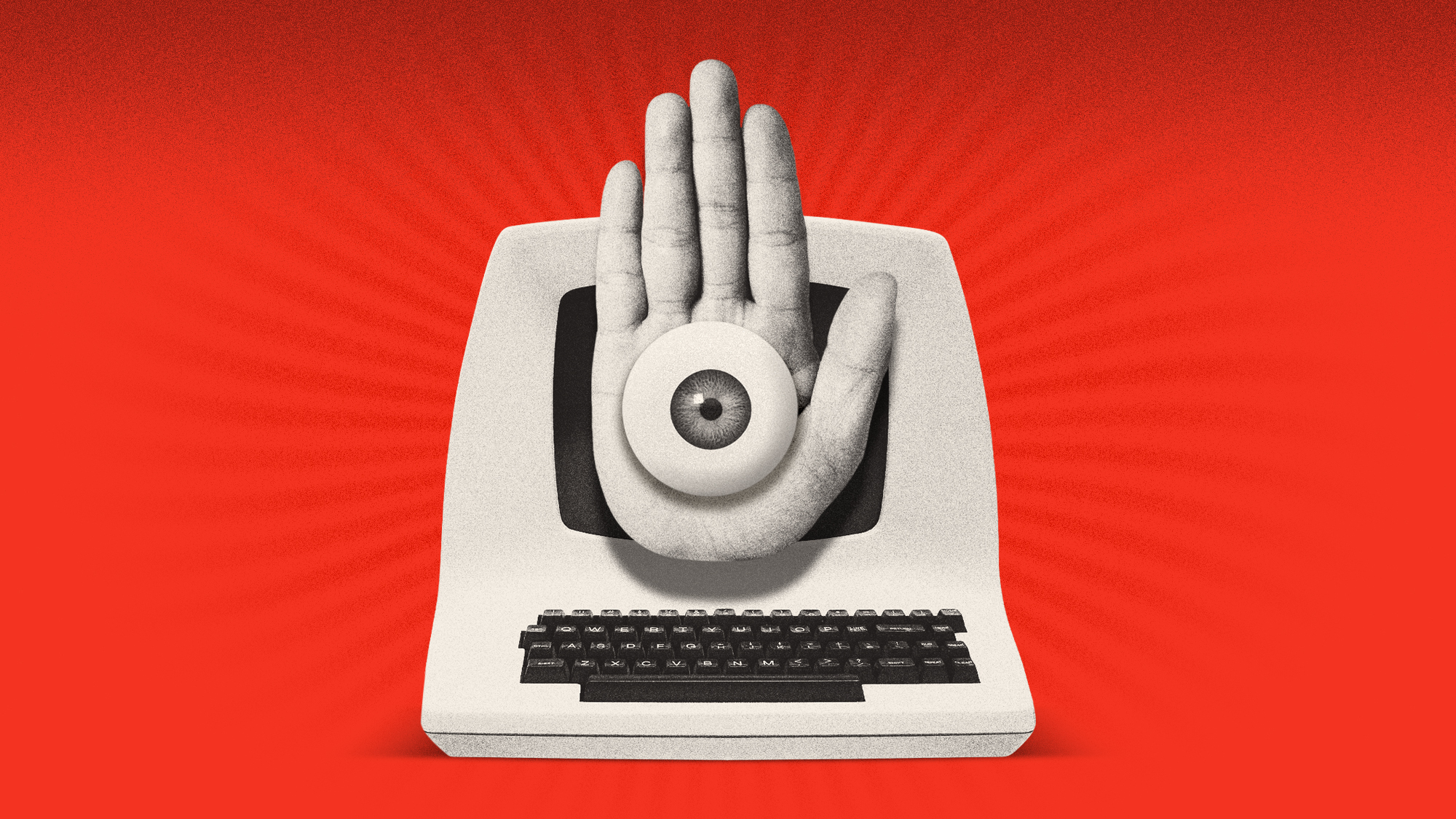Google Project Nightingale: tens of millions of health records gathered ‘without consent’
Search giant’s new deal with health firm could make it a key player in the medical tech race

A free daily email with the biggest news stories of the day – and the best features from TheWeek.com
You are now subscribed
Your newsletter sign-up was successful
Google’s approach to privacy is under the spotlight once again after the company allegedly gathered tens of millions of health records “without consent”.
A report by the Wall Street Journal states that the search giant has partnered with US-based health organisation Ascension in a deal that allows it to access medical details of customers across 21 US states.
The collaboration, known as “Project Nightingale”, is the search firm’s “biggest” attempt yet to catch up with the likes of Amazon, Apple and Microsoft, all of which are “aggressively” expanding into the health sector.
The Week
Escape your echo chamber. Get the facts behind the news, plus analysis from multiple perspectives.

Sign up for The Week's Free Newsletters
From our morning news briefing to a weekly Good News Newsletter, get the best of The Week delivered directly to your inbox.
From our morning news briefing to a weekly Good News Newsletter, get the best of The Week delivered directly to your inbox.
But tech news site Android Police claims that Google has not gained the approval of Ascension’s patients to use their data.
The company has allegedly accessed “confidential patient documentation, including names, dates of birth, lab results, doctor diagnoses, hospitalisation records, and other bits of data”, the tech site says.
Ascension, however, is adamant that the deal is all above board.
“All work related to Ascension’s engagement with Google is HIPAA (the US Health Insurance Portability and Accountability Act of 1996) compliant and underpinned by a robust data security and protection effort and adherence to Ascension's strict requirements for data handling”, it said in a statement.
A free daily email with the biggest news stories of the day – and the best features from TheWeek.com
Why are Google and other tech giants chasing medical records?
The world’s tech giants have conquered the hardware, software and even entertainment industries, and they now appear to be turning their attention to health technology.
Apple, for example, has been keen to turn its Watch into a health monitor and establish its Healthkit software architecture as an industry-leading standard for medical data storage, notes Wired.
Many of the tech giants hope that their move into health technology will make accessing and using health data easier and more convenient. By introducing a technology ecosystem to the medical world, it could become far easier for hospital staff to find critical information about patients without having to trawl through various forms of software specifically designed for the health industry, the tech site says.
In Google’s case, the company plans to build an artificial intelligence (AI) system that focuses on “individualised healthcare” and how the technology can be used to “suggest changes to patient care”, says ZDNet.
This could put the tech firm in the position of launching a standardised system across the health industry, which the site says should “bolster Google's foothold in the space.”
Plus, with Google currently in the process of buying fitness tracking firm Fitbit, it’s rumoured that the company will launch its own smartwatch to rival the Apple Watch - a key device in Apple’s push towards health tracking.
Is Google allowed to access patient data?
In a word, yes.
Company insiders claim that Ascension patients are unaware that their medical data is being shared. While this may raise concerns among privacy advocates, Forbes states that privacy laws 'generally allow the sharing of patient data with third parties without notification if it is for purposes that “help it carry out its health care activities and functions.’”
Google has also stressed that its agreement with Ascension means that it can only use patient data for its medical-related algorithms.
“To be clear: under this arrangement, Ascension’s data cannot be used for any other purpose than for providing these services we’re offering under the agreement, and patient data cannot and will not be combined with any Google consumer data”, Google Cloud chief Tariq Shaukat wrote in a blogpost.
-
 What are the best investments for beginners?
What are the best investments for beginners?The Explainer Stocks and ETFs and bonds, oh my
-
 What to know before filing your own taxes for the first time
What to know before filing your own taxes for the first timethe explainer Tackle this financial milestone with confidence
-
 The biggest box office flops of the 21st century
The biggest box office flops of the 21st centuryin depth Unnecessary remakes and turgid, expensive CGI-fests highlight this list of these most notorious box-office losers
-
 Will AI kill the smartphone?
Will AI kill the smartphone?In The Spotlight OpenAI and Meta want to unseat the ‘Lennon and McCartney’ of the gadget era
-
 Has Google burst the Nvidia bubble?
Has Google burst the Nvidia bubble?Today’s Big Question The world’s most valuable company faces a challenge from Google, as companies eye up ‘more specialised’ and ‘less power-hungry’ alternatives
-
 How the online world relies on AWS cloud servers
How the online world relies on AWS cloud serversThe Explainer Chaos caused by Monday’s online outage shows that ‘when AWS sneezes, half the internet catches the flu’
-
 Is the UK government getting too close to Big Tech?
Is the UK government getting too close to Big Tech?Today’s Big Question US-UK tech pact, supported by Nvidia and OpenAI, is part of Silicon Valley drive to ‘lock in’ American AI with US allies
-
 Google: A monopoly past its prime?
Google: A monopoly past its prime?Feature Google’s antitrust case ends with a slap on the wrist as courts struggle to keep up with the tech industry’s rapid changes
-
 South Korea's divide over allowing Google Maps
South Korea's divide over allowing Google MapsTalking Points The country is one of few modern democracies where the app doesn't work
-
 Google avoids the worst in antitrust ruling
Google avoids the worst in antitrust rulingSpeed Read A federal judge rejected the government's request to break up Google
-
 Will online age checks doom internet freedom?
Will online age checks doom internet freedom?Today's Big Question Or do they protect children from harm?